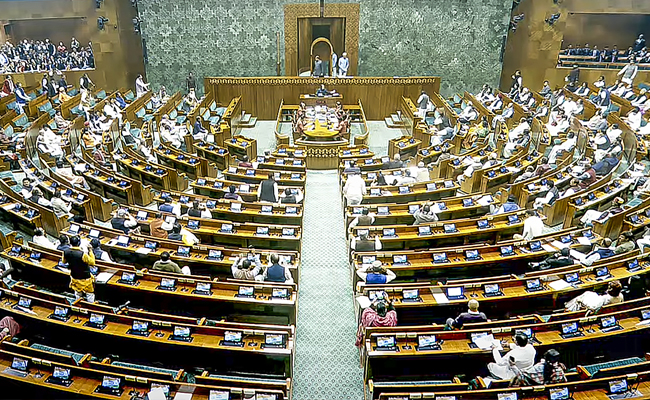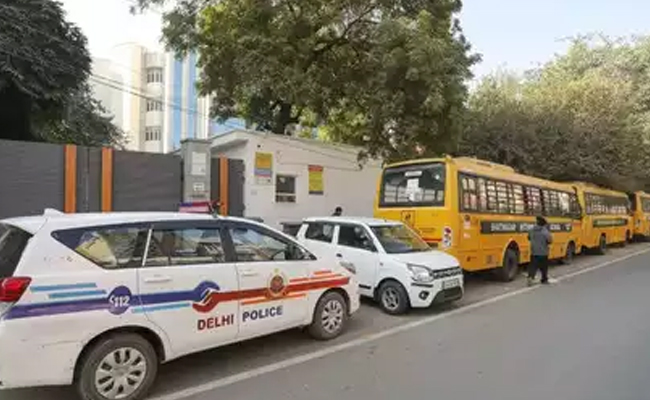New Delhi (PTI): The government has listed two bills related to "one nation, one election" for introduction in the Lok Sabha on Monday.
Union Law Minister Meghwal will introduce The Constitution (129th Amendment) Bill and The Union Territories Laws (Amendment) Bill in the Lower House.
The ruling BJP took a major step towards implementing its key plank of "one nation, one election" on Thursday as the Union Cabinet headed by Prime Minister Narendra Modi approved the constitutional amendment bill to roll out the concept of simultaneous Lok Sabha and state assembly polls.
Two draft legislations, including one simple bill to amend provisions in laws dealing with three Union territories with legislative assemblies to align them with the Constitution amendment bill, were given the nod by the Cabinet.
The proposed constitutional amendment bill would deal with making provisions for holding Lok Sabha and state legislative assembly elections together.
While a high-level committee led by former president Ram Nath Kovind on simultaneous polls had also proposed holding municipality and panchayat elections along with the national and state elections in a phased manner, the Cabinet has decided to stay away, "as of now", from the manner in which local body elections are conducted.
Let the Truth be known. If you read VB and like VB, please be a VB Supporter and Help us deliver the Truth to one and all.
Mumbai: The Bombay High Court on Friday permitted a Hindu woman, who is in a live-in relationship with a Muslim man, to make her own decisions regarding her life, despite objections from her parents who alleged coercion and undue influence.
A Bench comprising Justices Bharati Dangre and Manjusha Deshpande refused to grant custody of the woman to her partner but acknowledged her autonomy, stating, “We are setting her on liberty...Let her do what she wants. She is of the opinion that it’s her life. We can only wish her luck.”
The Court addressed concerns raised by the woman’s parents and their counsel, who argued that she was acting under emotional sway and undue influence. Despite the Court's earlier suggestion that the woman stay with her parents for a year to reconsider her decision, she declined, expressing her clear intent to continue living independently.
The woman was moved to a government shelter home in Chembur following complaints from her parents and members of the Bajrang Dal, who opposed her relationship. The police had intervened, placing her in the Shaskriya Stree Bhishekari Khikar Kendra (Government Women’s Hostel).
Subsequently, the woman's partner filed a petition in the High Court, contending that her relocation to the shelter home violated her autonomy. The petition asserted that the woman had repeatedly affirmed her decision to live with him was voluntary, informed, and free from any external pressure or coercion.





